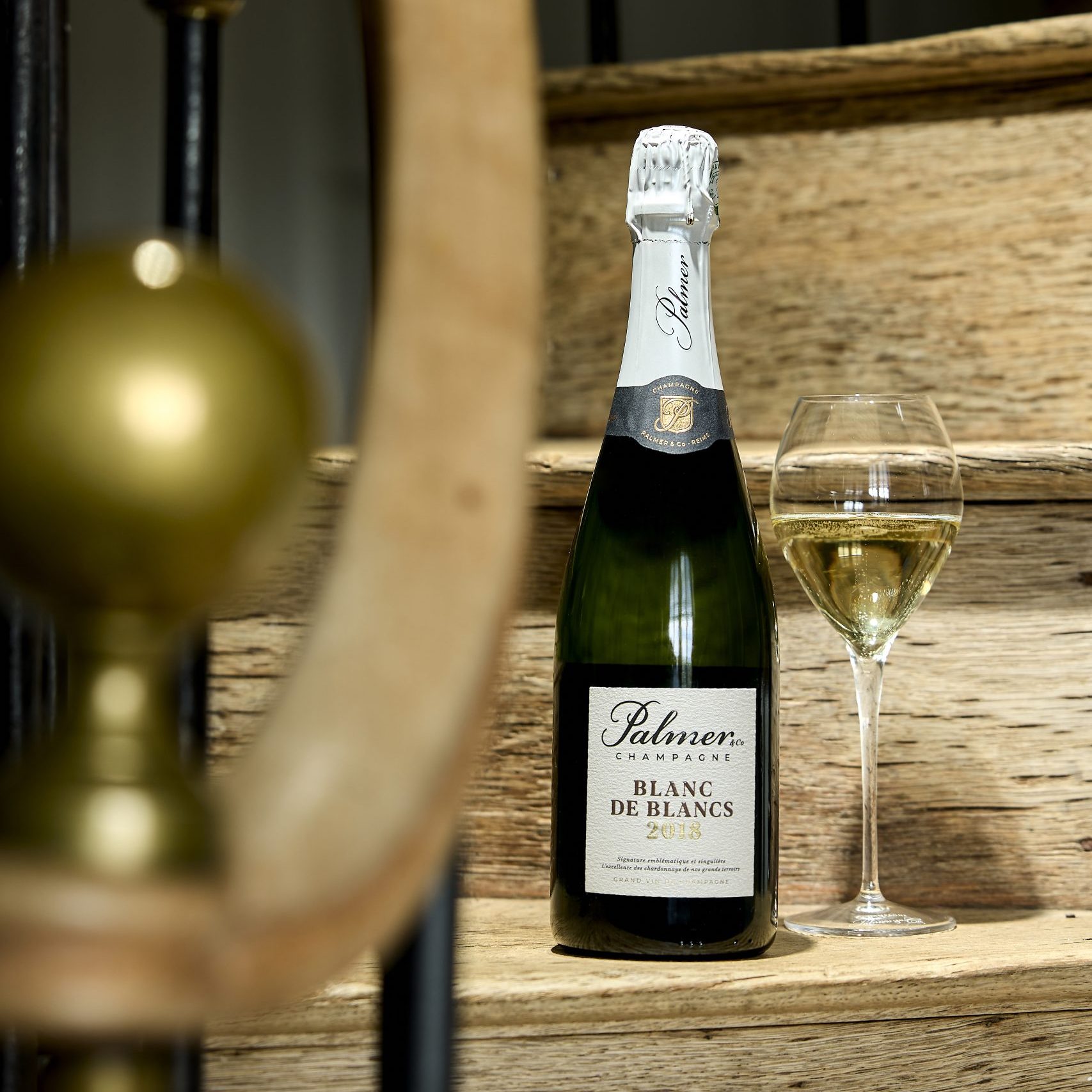Scottish independence ‘bad for business’
The Scotch industry has not been quick enough to highlight the negative commercial implications of an independent Scotland, according to one respected whisky industry figure.
Speaking to the drinks business last month, Dr Alan Rutherford, former whisky production director of Diageo, and director at Compass Box Scotch and The Lakes Distillery south of the border said, “Scottish independence would be bad for business, and the industry has been too slow to say it”.
Among many concerns for whisky businesses that could stem from a “yes” vote for Scottish independence on Thursday 18 September, Rutherford said that he predicted increased taxation for the Scotch whisky industry should Scotland become independent.
“There’s this feeling among those in Scotland that the Scotch whisky industry doesn’t really belong to Scotland, that it’s really run from London and Paris [Diageo and Pernod Ricard],” he said.
As a result, should Scotland become an independent country, Rutherford predicted, “It won’t be long before they [the SNP] expect it to lay some eggs for Scotland.”
However, he said that not only was a large proportion of Scotch whisky production in Scottish hands, but also that the industry contributes significantly to the economy.
“There are very strong Scottish-owned companies, such as William Grant and Edrington, and the industry already pays vastly in terms of taxes,” he said.
Aside from the danger of increased taxation, Rutherford also warned that should independence occur, the Scotch industry could expect less trade support for its produce abroad.
“UK embassies give fantastic support for Scotch wherever I am, whether that’s issues over discrimination, or passing off, and assisting with trade agreements,” he said.
“So, if Scotland becomes independent, will it have its own embassies in all countries, or are they going to expect the UK to protect Scottish interests abroad?”
Partner Content
He also suggested that the important English market for Scotch could already be under threat from independence.
“There is a feeling south of the border is that this [the Scottish independence referendum] is an anti-English campaign, which could affect sales of Scotch in England… although I suppose English whisky would do well,” he commented.
Finally, he said that major Scotch-owned and run businesses, including those in whisky production, would not wish to lose the support of the Bank of England, and as a result, may leave the country.
“Alex Salmond has said he will reduce corporation tax, and consequently he believes business will flock to Scotland, but Scotch is already in Scotland, and I don’t see LVMH for example moving their headquarters to Glasgow.”
“On the other hand, I do see financial companies leaving, because if Scotch companies don’t have Bank of England as a last resort they will feel very exposed.”
Meanwhile, Scotland would exit from the EU should next week yield a “Yes” vote, which could affect producers’ access to important European Scotch export markets, such as France, the industry’s biggest by volume.
As a result, David Frost, CEO of the Scotch Whisky Association, has said that a break with the EU could affect the protection of Scotch whisky’s geographic indication status, which may in turn cause a rise in counterfeiting.
“Even a temporary interruption of EU membership involving exclusion from the single market or the customs union, if this were a consequence of independence, would be damaging and difficult to manage,” he said.




